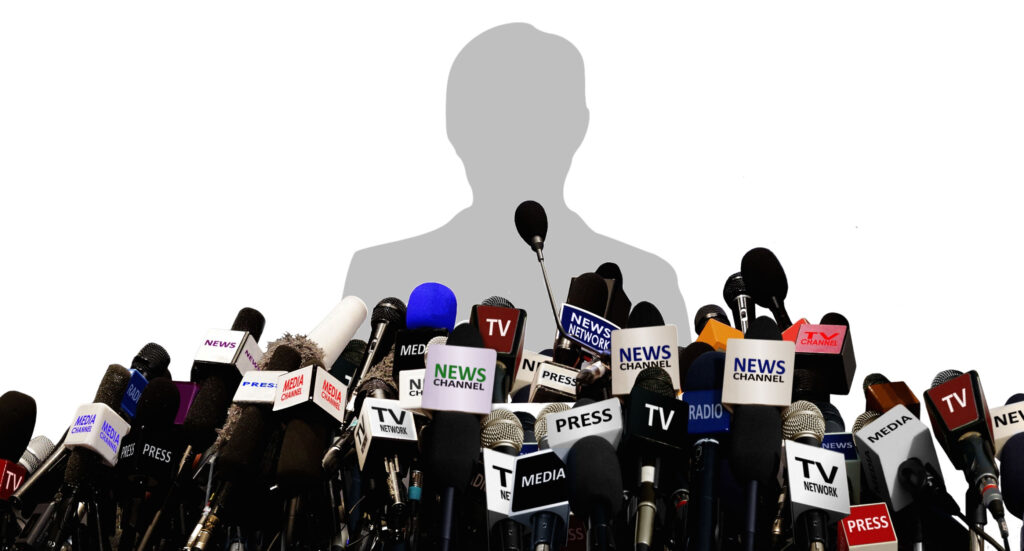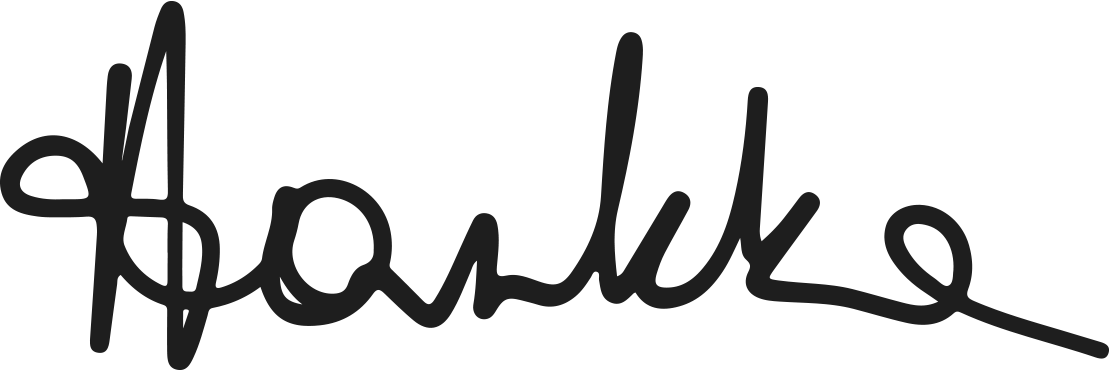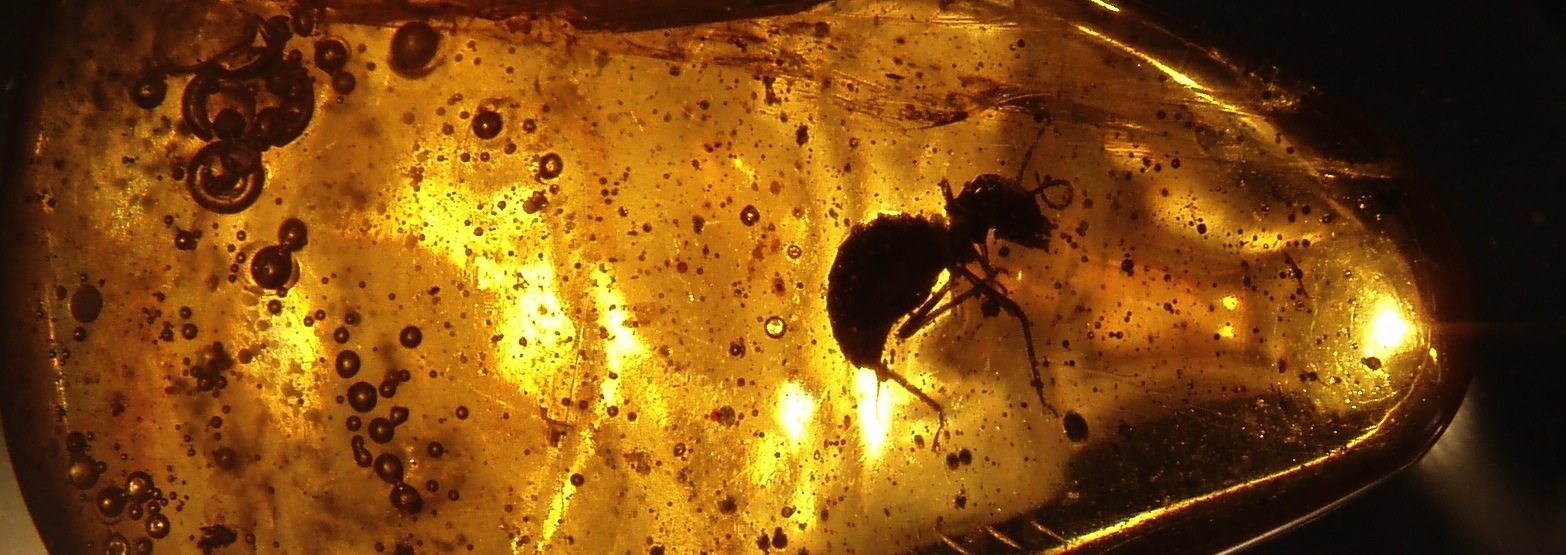I once read that one of the richest men in Europe, Zara’s (Inditex) founder Amancio Ortega gave only three interviews in his lifetime and he has always been very private about his persona. That stuck with me. I wonder how, in the world where everyone is telling you how important a personal branding and being vocal is, there are people who don’t care about it and still achieve success. Those oil and gas magnates, financial C-level boys, textile and other commodities tycoons etc., they deliberately don’t want to be known and seen. Their name, network and its influence precedes them and opens doors to opportunities.
And then you have us, the common people, not born into a rich family with a name that represents trust or legacy and gives you a fal.. emh, I meant, a better start.
Be human, but don’t show it to me.
There is this trend praising leaders whose profile is “authentic”. But there are unwritten and uneven rules around what qualifies. Take for example a recent heated debate that was sparked last week in response to a leaked video of Finland’s prime minister, Sanna Marin… dancing at a house party. In her own time, after working hours.
If you hold a public position or one that assumes a larger responsibility for the interest of others, it’s hard to navigate between what is allowed, what you ought to share and what doesn’t suit your profession. By default, less is better.
Out of hypocrisy, we don’t want to see doctors, C-level leaders or politicians partying, forgetting that they are also human and what they do in their off-duty time is none of our business.
A friend of mine, a country manager for one of the largest hospitality companies told me that its founders periodically undergo a media and PR drill, learn the importance of what to say and how to say something (especially crucial in a wake of a crisis). Each word is carefully tailored and scrutinised for any ambiguous meaning, that may backfire. They practice until they learn how to operate within safe and approved framework of statements so it feels natural.

Authenticity is a leadership quality, in part, because it’s not easy. Sticking to the script, no matter how detached it may feel, is actually a lot easier. But is it inspiring? As a leader, is it better to be yourself, or to be who people expect you to be? What should your personal branding be?
True authenticity comes at a cost.
So I wonder, can we stay true to ourselves, showing the reality (e.g. building in public movement showing the highs but also the lows) or do we have to show this bit that portraits us in the best light, but not necessarily one that makes us relatable or approachable?
The current logic is that showing vulnerability is a strength. But how vulnerable is too vulnerable? A little bit can make you more relatable to your colleagues and help you earn the trust. But too much can be perceived as uncertainty, weakness, or an inability to lead. Where is this fine line?
Create a persona and stick to it.
People create a persona also for other than reputational safety reasons. Often they simplify, assign themselves easy-to-understand labels to drive the message home. And then reinforce the message by repeating it in different situations.
On Linkedin, for example, you have plenty of such perfectly crafted ‘personas’ – so called the influencers. One that recently got my attention is a really attractive American woman that labels herself as a rebel coder and a gamer. She shares data science tips on her profile. She knows the power of her appearance and uses it to her advantage. She plays with her looks as a non typical looking gamer, placing herself as a non stereotypical gamer, as my friend, whom I showed her profile to called it – “the hot gaming chick all those gamers would like next to them on their couch 🙂“. She managed to break her glass ceiling by playing to her strengths – marrying brain with looks. Within two years she jumped from a junior role to a person who serves one of the most visible and senior roles in one of the largest gaming companies. Kudos.
So while it’s most likely a little bit dumbed down image playing a few contrasting scenarios on loop, it serves a purpose. Maybe it’s just a platform, a trampoline that allows her and others like her to be seen and heard on a larger scale. And once having influence and reach, do things that they really want to do and believe in, more efficiently.
I believe everyone can be and do whatever they want, as long as it’s not harmful to others and ideally, inspires you and me to do better.
William Shedd once said: “A ship is safe in harbour, but that is not what ships are for.” Nobody got far by playing too safe. Be different or be forgotten – they say. But familiar enough, so other people can categorise your value fast.
And what about Jobs? Did he really want to wear black turtlenecks for the sake of saving mental space, or he created his ostentatious, coldish persona reinforcing the message that work and striving for perfection is his biggest love.
Musk? He labels himself as Mars & Cars, Chips & Dips. Access to media unleashed these controversial traits in him, but he’s pretty successful in sparking the debate and creating a movement.
🐲🐉 I’m known for a girl with Japanese knives and a passion for AI. Cool and memorable mix, if you ask me. But I’m much more than that. I’m passionate about food, karate, tennis, travelling, leadership in business and tech and I know I have a lot of valuable lessons there that I can share. Yet, I want to be professionally known and categorised for #ai, #data and #japaneseknives so I focus on being most vocal on those topics. The rest goes in the background messaging like #hankkalessons you’re reading now.
Sum in socialis instrumentis, ergo sum
I know very few people who never opened their FB or Linkedin account. One of them is my ex, whom whenever I want to reach out to and share photos / reflections from my trips or memes I’ve seen someone shared, I need to email him or worst 🤯 – call. (I’m sure he’s happier than most of us not suffering from FOMOs).
So unless you’re my ex boyfriend or lucky to be in one of the groups I mentioned in the beginning, chances are that you’re on social media. With all its flaws, I still believe it’s a powerful tool you can use to do better. Being a silent spectator won’t build your brand and create influence. And really, it doesn’t need to be FAANG gang that your vitals (data) are sucked for ads. Yet, since everyone is here, you can use it to get the reach, and then drive your audience to a platform that you can actually own.
Make the first move, show your vulnerable self and others will follow.
If you feel like you’d like to start sharing your lessons learned, but suffer for perfection, afraid of what people will think of you, stop. If they think anything, it will mostly be appreciation and admiration for your courage and help.
As for haters… well, haters gonna hate. Feel proud if you have some. That means that people take notice of what you do. You’re no longer among a gray mass.
You drive the message, so take ownership of how you’re seen and share. The more you create emotional satisfaction for other people, the more value you will create. The more value you create, the more valuable you will become to other people. This value can be translated into a number of things; better relationships for yourself, with your friends, family, clients, promotions, £££…
Use your voice to become a person who creates value in the world, at scale.


![Start-ups and start-downs [Evoque Journey] louveciennes @flickr](https://hankka.com/wp-content/uploads/2013/09/bfast.jpg)
![What are you afraid of? [Evoque journey] Donnie Nunley @Flickr](https://hankka.com/wp-content/uploads/2014/02/12331672305_9d924d76b0_z.jpg)

